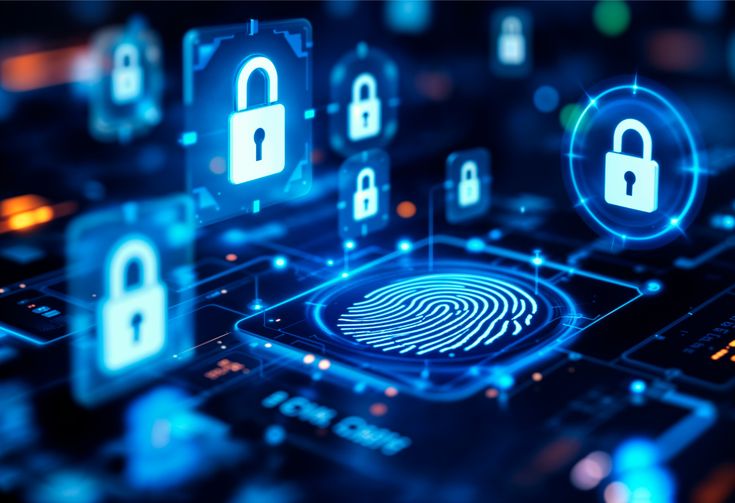Why Ethical Hacking is Essential for Business Cybersecurity in 2025
Introduction
Cyber threats are evolving — and so must your defenses. Ethical hacking has become a frontline strategy for protecting business assets in the digital world. In this post, we explore how ethical hacking works, why it’s crucial in 2025, and how to leverage it for your business security.
1. What is Ethical Hacking?
Ethical hacking, or penetration testing, involves simulating cyberattacks on your systems to uncover vulnerabilities before malicious hackers do. It’s proactive cybersecurity.
Internal Link Idea: Link to a blog post titled “The Top 5 Types of Cyberattacks and How to Prevent Them.”
2. The Role of CEH (Certified Ethical Hackers)
Certified professionals follow legal, structured processes to assess:
- Web apps
- Networks
- APIs
- Cloud infrastructure
Only work with credentialed hackers who comply with international security standards.
3. Common Vulnerabilities Tested
- SQL Injection
- Cross-site Scripting (XSS)
- Broken Authentication
- Misconfigured Firewalls
- Social Engineering Tactics
Identifying these early prevents data breaches and lawsuits.
4. Tools of the Trade
Top ethical hackers use:
- Kali Linux
- Metasploit
- Burp Suite
- Wireshark
These tools simulate attacks and monitor responses to expose system weaknesses.
5. Compliance & Risk Management
Regular ethical hacking supports compliance with:
- GDPR
- HIPAA
- PCI-DSS
- ISO 27001
It also helps insurance providers better assess cyber risk coverage.
6. Building Customer Trust
Being transparent about your cybersecurity efforts enhances your brand’s credibility. Include “Security Tested” badges or trust signals on your site for higher conversions.
Final Thoughts
In 2025, ethical hacking isn’t a luxury — it’s a necessity. By identifying and fixing vulnerabilities before bad actors do, you protect your data, your clients, and your reputation. Make it part of your core digital strategy.

